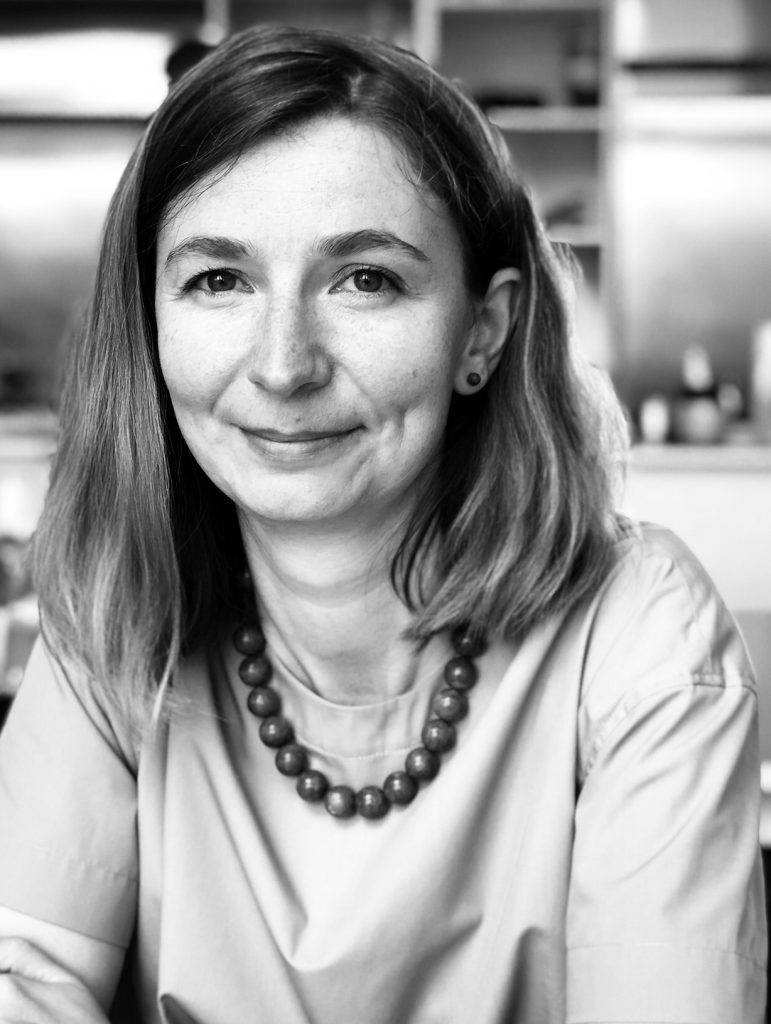Background
Participatory budgeting (PB) is a form of civic engagement in which residents propose, develop, and vote on projects that are financed by a municipality or local government. The funds are allocated as a lump sum or as a percentage of the municipality’s budget. Participatory budgeting started in Porto Alegre, Brazil, with a strong emphasis on social justice and democracy development through the civic empowerment of citizens.
PB’s democratic dimension has been one of the main factors of its widespread adoption, as has the support of international organizations such as the World Bank. Municipalities that have run participatory budgeting process several times have increased their budgets over the years.
As PB processes have spread across the world, new – locally relevant – features have been added. Consequently, these features have resulted in diverse PB outcomes. To exemplify, such features can relate to the overall design of the PB process, the form of consultation and voting (online, offline, combined), geographic area or specific theme. PB has also a strong deliberative dimension, that supports residents in debating and setting priorities for investment.
Titiana Ertiö, Postdoctoral Researcher at the Consumer Society Research Center, University of Helsinki and Mikko Rask, Adjunct Professor of Environmental Policy and Principal Investigator at the Consumer Society Research Centre, University of Helsinki tell about their work on participatory budgeting in Finland.
Goals
In Democracy Accelerator within the BIBU project, we are assessing two participatory budgeting cases in the cities of Helsinki and Vantaa in Finland. In Vantaa, PB took place between 10/2018 – 05/2019 and in Helsinki 10/2018 – present.
Strictly speaking, the processes of soliciting ideas, developing proposals, and voting are similar in the two cities yet the institutional framework supporting the PB efforts has several differences, regarding the scale (one neighborhood in Vantaa; each district as well as city-wide budgets in Helsinki), funding (municipal budget in Helsinki; external funding in Vantaa), scope (undefined in Helsinki; community, safety, and prevention of social exclusion). In both instances, the PB process has been coordinated by the municipality.
The Finnish PB processes complement the set of participatory methods cities and municipalities have long engaged with their citizens. Participatory budgeting is embedded in the representative democracy forms and enriches it with deliberative democracy aspects
Process
The PB process consists of several stages: 1) soliciting ideas from the community, 2) vetting of the ideas against the PB rules, 3) co-creation stage in which residents and public managers develop the ideas into proposals, 4) budget estimations by public managers; 5) voting; 6) implementation.
At the moment, in June 2019, the PB has just finished in Vantaa and in Helsinki budgets are estimated for the proposals. In Vantaa’s PB process, 31 ideas were proposed; 18 advanced to the co-creation stage; 10 proposals have been voted upon; 4 received financing.
In Helsinki’s PB process, 1 273 ideas were proposed; 839 advanced to the co-creation stage; 358 proposals await budget estimations. Both cities used and customized the Decidim open source software to support the online PB process, which is particularly suited for managing and reporting the different PB stages.
Lessons learned
In our observations of the co-creation events, we have come to learn that as residents engage in the PB democratic process, they also learn about how local governments operate by interacting with the city managers, the different aspects of their proposals that need to be resolved to advance to the next stage, and discover opportunities to learn from fellow residents and give constructive comments on ideas to develop them further. Our preliminary analysis of the almost 1 300 ideas proposed in Helsinki show the array of solutions residents propose in their own districts and city-wide: infrastructure, services, events, community spaces, art and culture, etc.
Throughout our cooperation with the two municipalities, we have stressed an overarching approach to PB evaluation. Focusing on participants is necessary yet insufficient. The lifecycle of a PB is a good opportunity to assess and re-assess what a municipality learns during the process and identify development areas for future PB rounds. We hope to have exposed the municipalities we have worked with to a holistic approach of evaluation. The feedback we’ve received has been particularly positive in as far as opening new vantage points to PB managers that are research evidence driven.
Challenges
Altogether, the evaluation process has ran smoothly but one challenge we’ve encountered has been the lack of understanding about non-participation. We have not yet investigated why some residents have not participated or chosen not to participate. We expect the number of participants to increase after these two trials as more residents will come aware of the opportunities to have their projects funded, yet understanding how to support active participation it is necessary to gauge the opinions of those outside of the PB trials.
In addition, as the numbers of participants and submitted ideas and proposals will grow, traditional research methods will not suffice. We have analyzed around 1 300 ideas to understand the nature of problems and solutions put forward by Helsinki residents. In the future, if the number and complexity of ideas increase, parsing the data will require automation of the analysis process.
Next steps
The next steps research-wise are to finish the evaluation of the Vantaa PB and conclude the mid-term evaluation of the Helsinki PB. Longer-term plans include the final Helsinki PB evaluation once the process is concluded.


More information
Ideas of participatory budgeting to further development in February in Helsinki
Participatory budgeting plans proceed in Helsinki
Publications
Ertiö, T., Tuominen, P., Rask, M. (forthcoming) Turning Ideas into Proposals: A Case for Blended Participation during the Participatory Budgeting Trial in Helsinki. EGov-EPart 2019 proceedings.
Rask, M., Ertiö, T. (2019) Yhteisluomisen tutka – Malli osallisuustoiminnan kokonaisvaltaiseen arviointiin. BIBU Policy Brief sarja.

